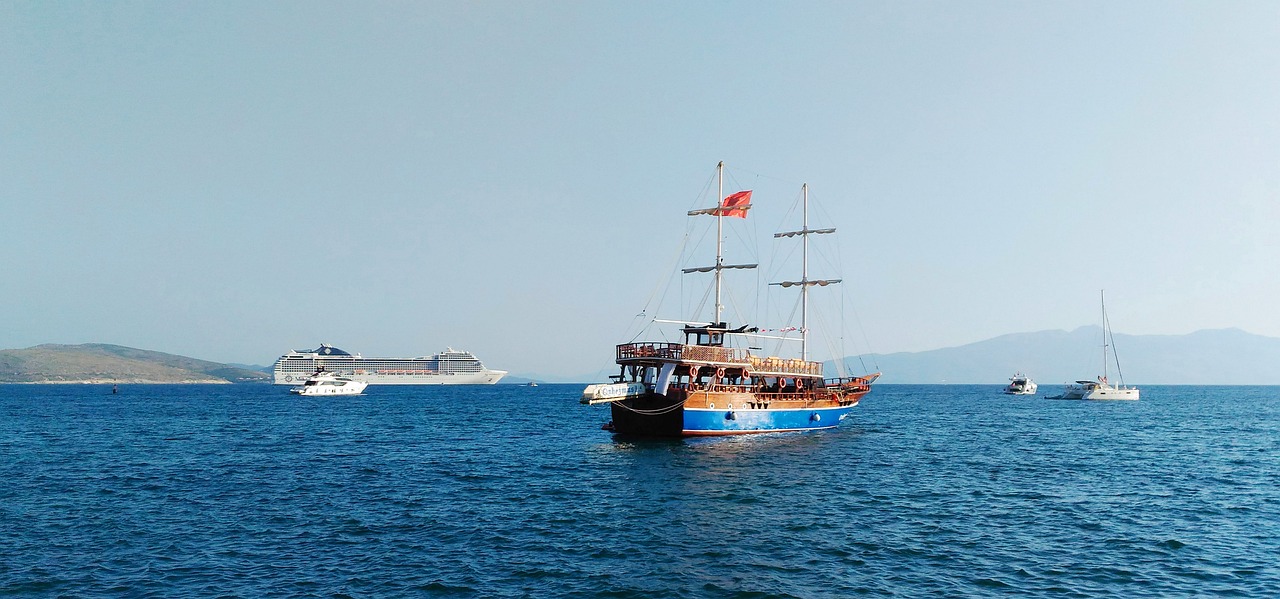Managing Finances and Payments while Working in Albania
Albania is a beautiful country located in Southeastern Europe. Known for its stunning landscapes, rich history, and vibrant culture, it has become an attractive destination for expatriates seeking work opportunities. If you are planning to work in Albania, it is essential to understand how to manage your finances and payments effectively. This article will provide you with valuable information on various aspects of managing finances and payments while working in Albania.
Banking Services
- Opening a Bank Account: To manage your finances efficiently, it is advisable to open a bank account in Albania. The most popular banks in the country include Raiffeisen Bank, Banka Kombetare Tregtare (BKT), and Alpha Bank. Visit the nearest branch with your identification documents, such as a passport or ID card, to open an account.
- Types of Bank Accounts: Albanian banks offer various types of accounts, including current accounts, savings accounts, and foreign currency accounts. Choose the one that suits your financial needs and preferences.
- Online Banking: Most banks in Albania provide online banking services, allowing you to manage your finances conveniently. You can access your account, check balances, transfer funds, pay bills, and perform other transactions through secure online platforms or mobile apps.
- ATMs: ATMs are widely available in Albania, allowing you to withdraw cash and check your account balance. Make sure to use ATMs affiliated with your bank to avoid additional fees.
Taxation and Social Security
- Tax System: As an employee in Albania, you will be subject to income tax. The country has a progressive tax system with different tax rates based on your income level. Ensure that you understand the tax brackets and fulfill your tax obligations accordingly.
- Personal Income Tax: The personal income tax rates in Albania range from 0% to 23%, depending on your income. The tax is deducted directly from your salary by your employer.
- Social Security Contributions: Both employees and employers must contribute to the social security system in Albania. The contributions cover various benefits, including healthcare, pensions, and unemployment insurance.
- Tax Identification Number (TIN): You will need a Tax Identification Number (TIN) to work legally in Albania. Apply for a TIN at the local tax office by submitting the necessary documents.
Payment Methods
- Cash Payments: Cash is widely accepted in Albania, especially for small transactions. It is advisable to carry some cash for daily expenses, but be cautious and keep it secure.
- Bank Transfers: Bank transfers are a secure and convenient method for making payments in Albania. You can transfer funds from your bank account to another individual or business account easily.
- Mobile Payment Apps: Mobile payment apps, such as PayTak, are gaining popularity in Albania. These apps allow you to make payments, transfer money, and even split bills with friends.
- Debit and Credit Cards: Debit and credit cards are widely accepted in larger establishments, including hotels, restaurants, and supermarkets. Visa and Mastercard are the most commonly accepted card networks in Albania.
Cost of Living
- Accommodation: The cost of accommodation in Albania varies depending on the location and type of property. Renting an apartment in the city center can be more expensive than in suburban areas. Websites like Booking.com and Airbnb can help you find suitable accommodation options.
- Transportation: Public transportation in Albania is relatively affordable. Buses, minibusses, and taxis are common modes of transportation. Consider using rideshare services like Uber or Bolt for convenient and cost-effective travel.
- Food and Groceries: Eating out in Albania can be affordable, especially in local restaurants and street food stalls. Cooking at home and buying groceries from supermarkets like Spar or Conad can help you save money.
- Utilities: Electricity, water, and internet services are reasonably priced in Albania. The average monthly cost for utilities can vary depending on your usage and the size of your accommodation.
Currency Exchange
- Official Currency: The official currency of Albania is the Albanian Lek (ALL). Ensure that you are familiar with the current exchange rates and use reputable currency exchange services to avoid scams or unfavorable rates.
- Exchange Offices: Exchange offices are available in major cities and tourist areas. Compare rates and fees before exchanging your currency to get the best deal.
- ATM Withdrawals: Using ATMs to withdraw local currency is a convenient option. However, be mindful of any additional fees charged by your bank or the local ATM operator.
Insurance
- Health Insurance: It is essential to have health insurance coverage while working in Albania. Check if your employer provides health insurance or consider purchasing private health insurance to cover medical expenses.
- Travel Insurance: If you are an expatriate or frequently travel outside of Albania, consider obtaining travel insurance. It can provide coverage for medical emergencies, trip cancellations, and lost baggage.
Conclusion
Managing finances and payments while working in Albania requires careful planning and understanding of the local banking system, taxation, payment methods, and cost of living. Open a bank account, familiarize yourself with the tax system, and explore various payment options to ensure smooth financial transactions. Keep track of your expenses, budget wisely, and consider obtaining necessary insurance coverage for your peace of mind. By managing your finances effectively, you can fully enjoy your work experience in beautiful Albania.
Albania Image 1:

Albania Image 2:

Albania Image 3:

References
– Raiffeisen Bank: www.raiffeisen.al
– Banka Kombetare Tregtare (BKT): www.bkt.com.al
– Alpha Bank: www.alphabank.al
– PayTak: www.paytak.al
– Booking.com: www.booking.com
– Airbnb: www.airbnb.com
– Spar: www.spar.al
– Conad: www.conad.al


